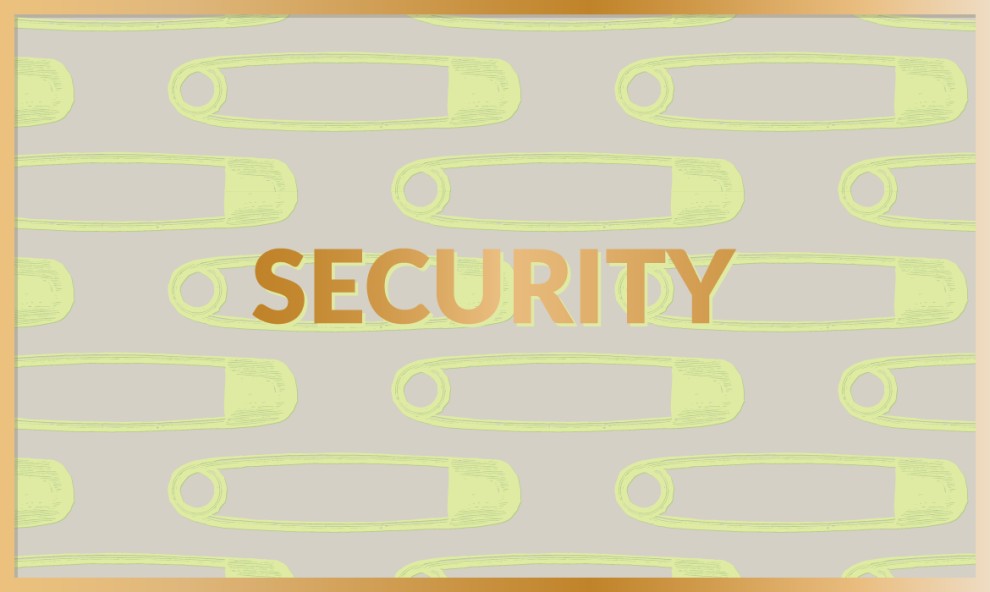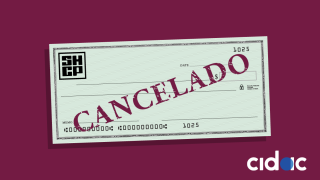The student assassinations in Iguala altered the political dynamic of the country and recast the fate of the government definitively. The crucial question is what the implications are. Judging by the discourse and communications of the President and his team, there is a certain number of insidious individuals who are guilty of having conspired against the government and having consciously engendered the current crisis. With this diagnosis, instead of coming to grips with resolving the situation, the government has devoted itself to pinpointing conspirators and guilty parties, destroying, step by step, its own capacity to advance.
Aside from some actors who are intentionally pledged to undermining the country’s stability and ousting the government, as various guerilla groups could be, it is difficult to believe that established businesspeople, other nations, or diverse institutions would have the least interest in, not to mention the capacity for, defying the government in this manner. In addition to that these actors live off the stability of the country and can only develop and prosper within that context, the basic question is, what would the government gain by flushing out the alleged guilty parties?
If anything has been evident throughout these exceedingly long months it is that the only big loser due to its paucity of action has been the government itself. Worse yet, the search for the guilty has led to aggravating the crisis, evidencing the government’s lacks and inabilities and emboldening its enemies. In this sense, beyond whether or not there are in reality conspirators, it is impossible not to arrive at the conclusion that the blame for the present moment, beginning with the situation in which the government now finds itself, lies in the initial error of a poor reading of the succession of events, from the strike of the Polytechnic students to Ayotzinapa. It was that error that led to the loss of credibility in the government, which still has not come to recognize the situation in which it finds itself. Some days ago, columnist Salvador Camarena recalled a citation of General Obregón that more fully explains the situation than all of the conspirators traipsing through the minds of our esteemed functionaries: “The first error is the one that counts: the rest are consequences”.
The problem with conspiratorial approaches –the first error- is that they get lost in their own labyrinth. Rather than advancing the governmental project, it ends up paralyzed in the “who did this to me?”, making it impossible to resolve the situation. The question that the government should be asking itself is “what did we do wrong?”, because that way of focusing the problem conveys concrete answers and the possibility of solving it. Inasmuch as the government persists in searching for the “bad guys” and in the inanity of continuing to engage in what has already proven not to work, its situation, and inexorably that of the country, will continue to pursue the inevitable course of systematic deterioration.
In a speech days prior to his assassination, Robert Kennedy revealed an idea that seems to be expressly conceived for this moment of Mexico: “Some look for scapegoats, others look for conspiracies, but this much is clear: violence breeds violence, repression brings retaliation, and only a cleansing of our whole society can remove this sickness from our soul”. That is the true theme of Mexico: the urgency to construct a new platform for its development, something that does not depend on more legal reforms, more controls over society, budgetary actions, or scapegoats, but instead on a transformative vision appropriate for the XXI Century.
The country suffers from all kinds of ills, but the main one is the absence of a sense of direction and a skilful and committed government to head it. That absence, the reflection of a weak and inadequately professional system of government, creates a “roiling river” environment in which the more extremist interests and groups flourish and profit, the unruly of whatever stripe wax courageous and investment, thus the generation of wealth and jobs, is inhibited. All of this undermines governmental projects and postpones, if not nullifies the potential for economic growth.
In this manner, a government that wagered on its mere presence transforming the country is finding that the entire system has feet of clay. This reality admits two possibilities: one, start to correct the problems distressing the country and that now have had the effect of paralyzing the government; or, second, leave no stone unturned in seeking out the guilty, which would lead to an increasingly dangerous and risk-ridden scenario for the stability and viability of the country in its entirety.
It is evidently impossible to solve ancestral problems that this government and all its predecessors, have inherited from history. What is possible is to change the tone, head up transformative processes and prove to the citizenry that there is a future that is not only promising but wholly possible. The government’s problem is that a cynosure of this nature would imply a radical departure from its initial project.
The government took the country by surprise with its reforms and the capacity for processing them in the legislative environment. What it didn’t do was recognize that this is the XXI Century, within the context of economic globalization and in the midst of an immense security crisis. Only by adopting the rules inherent in the globalization era can the government begin to change the nation’s course and, at the same time, leave a lasting legacy. The only way that the government can break the vicious circle in which it finds itself lies in becoming the paladin of the Rule of Law, practically the opposite of what fueled its venture at its outset.
Seeking Guilty Parties







Comments